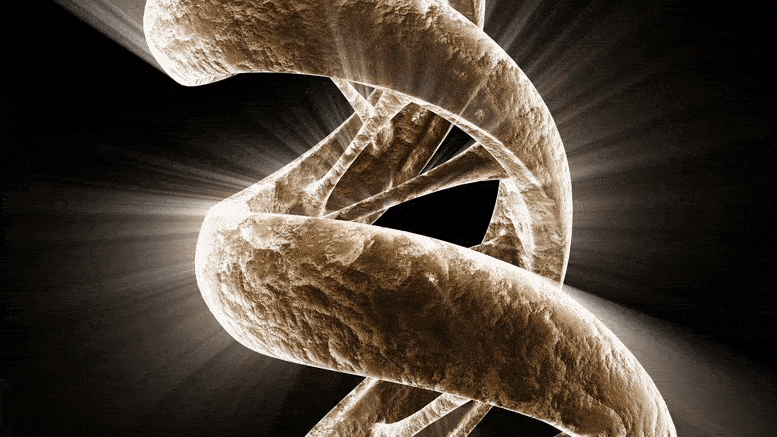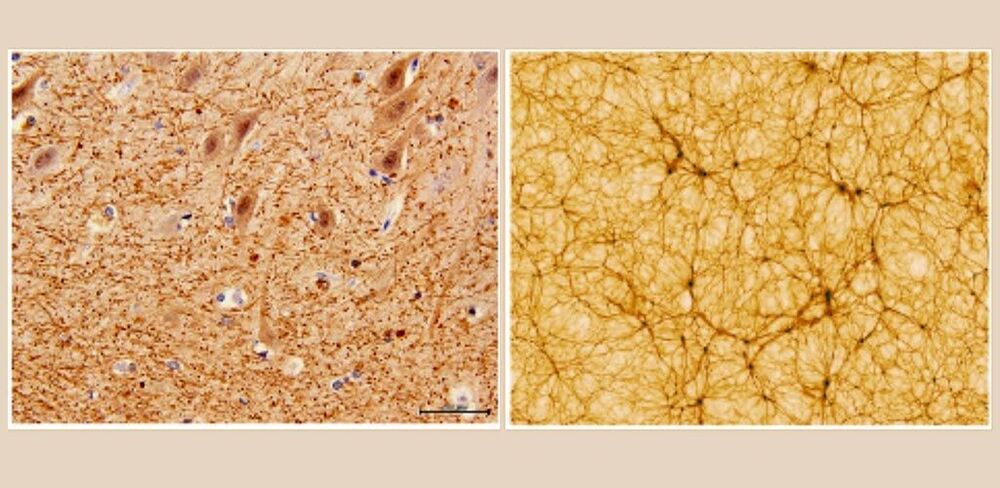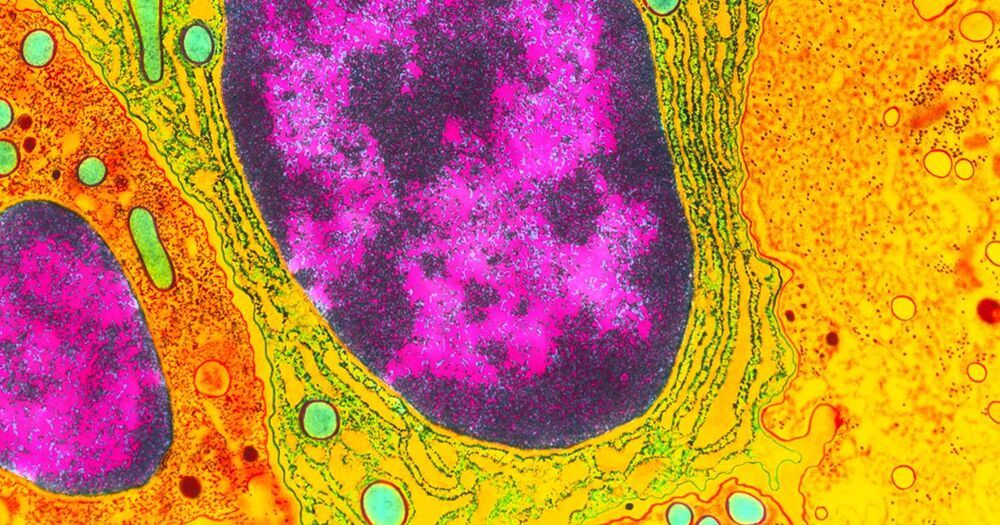TEL AVIV — November 18, 2020: In a scientifically verified approach, signalling an important breakthrough in the study of aging, Tel Aviv University and The Sagol Center for Hyperbaric Medicine and Research at Shamir Medical Center announced today that, for the first time in humans, two key biological hallmarks of aging, telomere length shortening, and accumulation of senescent cells, can be reversed. The prospective clinical trial, published in peer-reviewed Journal Aging, utilizes Hyperbaric Oxygen Therapy protocols to demonstrate cellular level improvement in healthy aging adults.
For the first-time a human study shows the reversal in the biology of aging including telomere shortening with Hyperbaric Oxygen Therapy.







